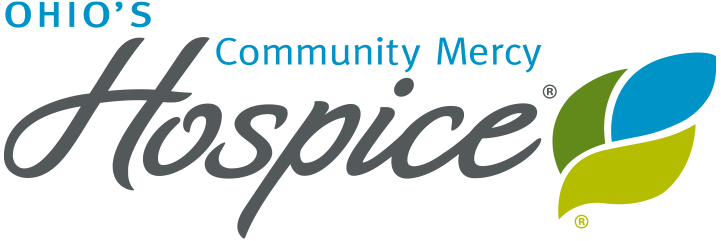Ohio’s Community Mercy Hospice invites the community to remember and celebrate their loved ones at…

Chaplains Provide Virtual Support to Patients and Families During COVID-19
Chaplains provide spiritual support to patients and families, regardless of their faith identity. Chaplains’ spiritual care can give them comfort as they work through life reflection and end-of-life solace. During COVID-19, chaplains are finding new ways to connect and offer support to patients and their families while maintaining social distancing practices.
“Before COVID-19, chaplains would meet with patients and families in-person and conduct a spiritual assessment to identify a spiritual plan of care,” said Gayle Simmons, manager of chaplains at Ohio’s Hospice. “Chaplains would continue to meet with the patients and provide a non-judgmental listening presence and give them opportunities to voice feelings such as fear, personal control, hope, reconciliation and loneliness.”
A chaplain’s presence to facilitate these feelings helps patients through their end-of-life journey.
“Due to COVID-19, our chaplains have had to adjust how they perform their duties,” Simmons said. “However, they are not ceasing their operations — they are simply articulated differently.”
Chaplains are utilizing phones and video chat to conduct spiritual assessments with patients and families and implement spiritual care plans virtually. Some chaplains are also using video chat to officiate religious services for patients, such as Holy Communion.
Chaplains are also practicing self-care in order to cope with the stress challenges of COVID-19. They are coping by going outside, exercising, reading, gardening and staying connected with loved ones.
Additionally, Simmons provided the chaplains an opportunity to engage in a religious lament, which allowed them to voice the challenges they’re facing during COVID-19.
“Psalms of lament give voice to suffering and pain; they cry out to God, ask for help, and respond with trust and praise,” Simmons said. “Through this psalm of lament, we express some of the pain we may be feeling.”
Simmons strives to provide a space for chaplains to share their struggles. “Change is hard!” Simmons said. “But they have accepted and embraced the new way of being present for patients, and they are excelling with these changes.”
While COVID-19 has brought many challenges, the chaplains have found a bright spot among this time of uncertainty and difficulty.
“The positive side of all this is that for those patients and families with whom our chaplains are able to connect, they have found that the visits are much longer and the connections with the family members are much deeper,” she said.




